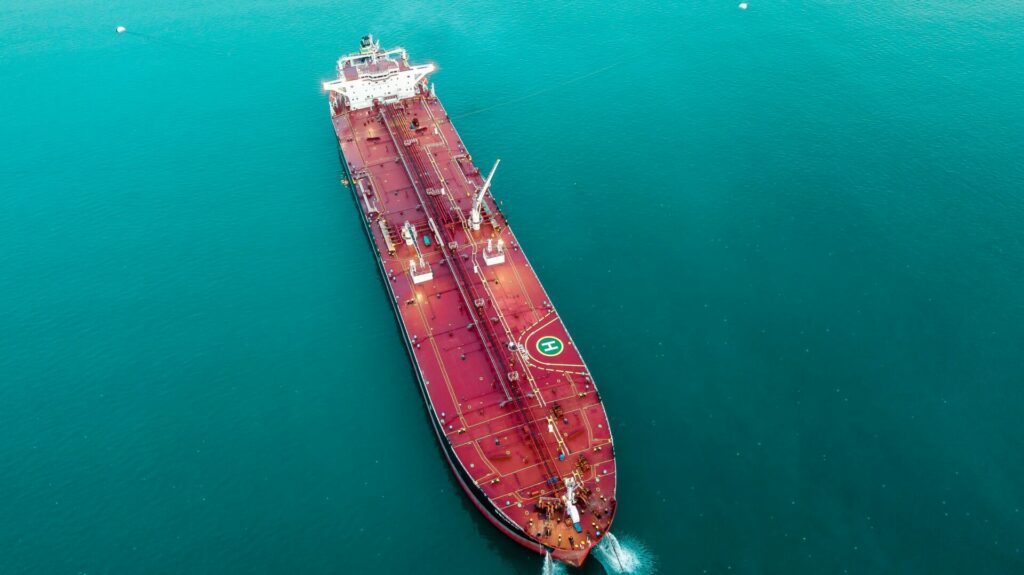The merger of Belgian fuel tanker company Euronav and Bermuda-registered Frontline has been approved, according to a press release by Euronav. As a result, the new joint company will be the largest tanker fleet in the world.
Euronav, based in the port of Antwerp, is a large tanker company that transports oil by sea to and from major European ports. The company offers charter services to major oil majors, refiners, and traders such as Valero, Petrobras, Total, and Repsol.
The Belgian shipping company controls a fleet of 70 ships, which fly the flags of Belgium, Greece, France, Liberia, the Marshall Islands, and others.
Stock-for-stock combination
At a meeting of the independent members of Euronav’s Supervisory board and the Board of Directors of Frontline, the two companies approved a potential stock-for-stock combination. Shareholders of Euronav and Frontline will now own 59% and 41% of the new company respectively.
The new company will be led by Brussels-native Hugo de Stoop, CEO of Euronav. De Stoop, one of the leaders in the tanker world, said that the transaction marks "an exciting development for the tanker industry".
The merger of the two shipping giants has yet to be fully confirmed and must first be approved by the authorities. Exact details for the transition structure also need to be decided.
When completed, the new company, which will operate under the Frontline name, will control at least 146 ships, including roughly 10% of the world’s ultra-large crude oil carriers.
Enlarged capacity
According to estimates from Bloomberg, the new company will be able to transport up to 225 million barrels of oil, roughly equivalent to 100 days of Germany’s oil needs.
The owner of Frontline, Norwegian billionaire John Fredriksen, said that the merger would “establish a market leader in the tanker market". In total, the merger is set to create a company with a total market capitalisation of more than $4.2 billion.
Related News
- Port of Antwerp is second most polluting in Europe
- Antwerp shipping company Euronav buys three new tankers
On the announcement of the potential merger, Euronav’s shares jumped 9.5%, while Frontline’s fell by 4.8%. In 2014, Euronav grew greatly after purchasing the oil division of international shipping giant Maersk.
Responding to market demands
The need for oil tankers has become increasingly acute due to the war in Ukraine.
Major energy companies are attempting to find new alternatives to Russian oil tankers, as well as to bridge the gap in ships needed for increased imports of oil from the Middle East.
De Stoop says that the massive merger will help keep energy costs down and help towards the industry’s low-carbon transition. The new resultant company will benefit from economies of scale, fully utilising a greater number of ships and streamlining costs.
Huge investment is needed in the oil tanker industry to streamline the process of transporting fuel across the world and reduce total emissions from the transport of oil.

